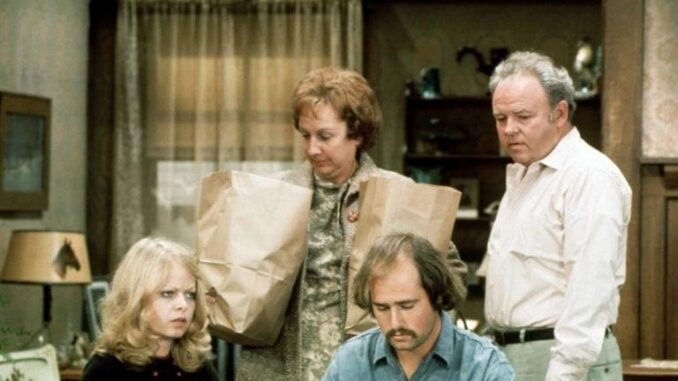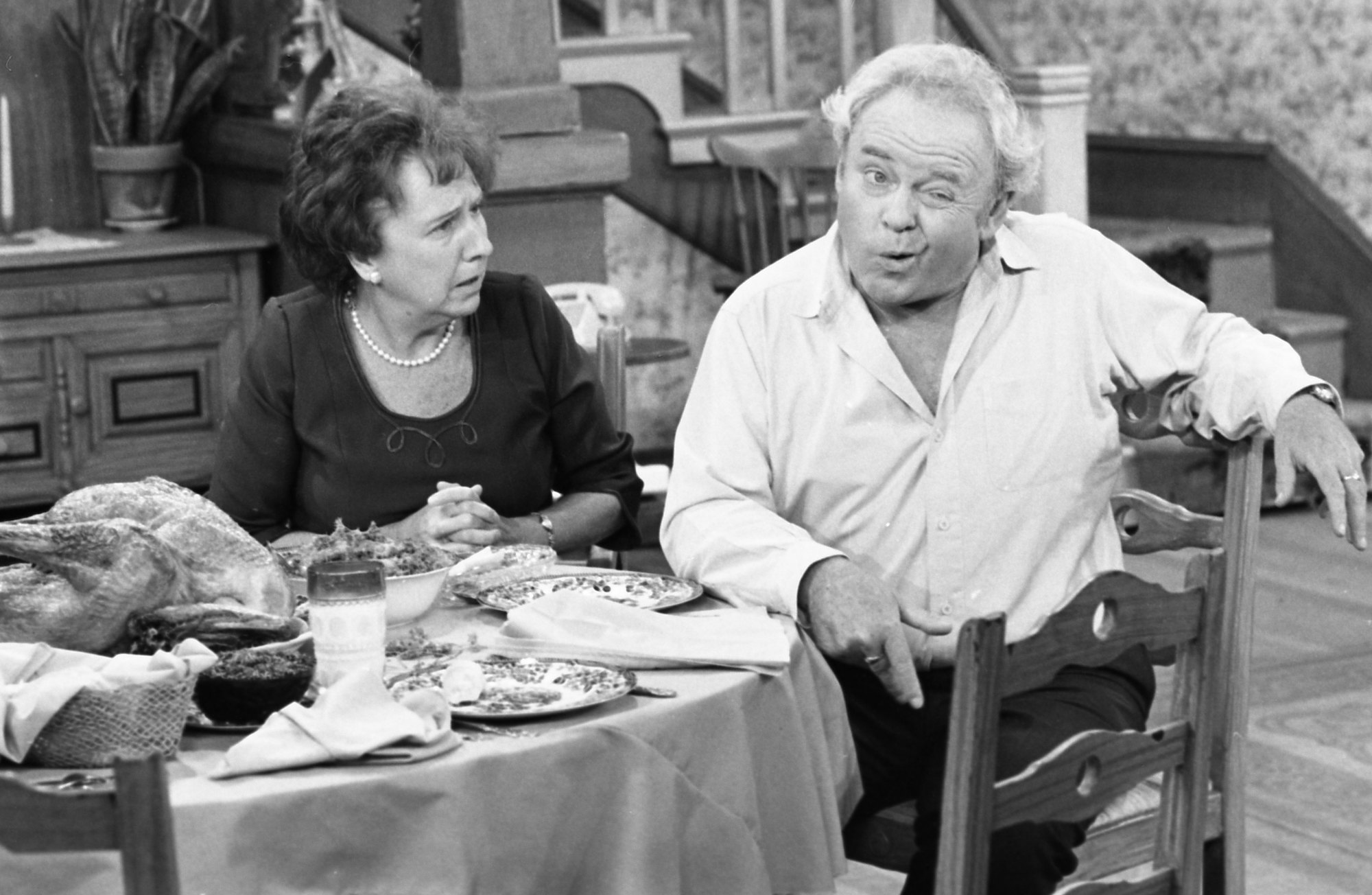
When All in the Family debuted on CBS nearly 50 years ago, it was more than just a sitcom; it was a groundbreaking cultural phenomenon that forever altered the landscape of television. Created by Norman Lear, the show introduced audiences to Archie Bunker, a coarse yet oddly charming figure who embodied the complexities and contradictions of the All-American white male. But what truly set All in the Family apart from its contemporaries was its fearless approach to real issues and its innovative use of laughter captured live from an audience.
In the world of sitcoms, canned laughter was a common feature, largely thanks to the work of Charles Douglass, the inventor of the laff box. This device meticulously crafted laugh tracks that could be inserted into shows, providing an engineered response to every punchline. While this technology dominated the genre for decades, All in the Family boldly stepped away from this artificiality, opting instead for genuine laughter recorded in front of a live studio audience. This choice allowed the show to convey a more authentic experience, mirroring the kind of laughter viewers might share in their own living rooms.
The humor of All in the Family stemmed not from polished, idealized scenarios but from the messy realities of family dynamics and societal change. Archie and Edith Bunker represented the older generation’s struggles against a backdrop of evolving social norms, making their interactions relatable and poignant. The laughter elicited from the audience was raw and real, perfectly complementing Carroll O’Connor’s impeccable comedic timing and Rob Reiner’s sharp retorts.
Lear’s commitment to authenticity extended beyond just the laughter; he believed in creating content that resonated deeply with the human experience. Even today, in his revival of One Day at a Time, he remains dedicated to capturing genuine audience reactions. When a live audience isn’t possible, Lear ensures that laughter is recorded from viewers watching the finished product, preserving the organic energy that defines his work. He emphasizes that this real laughter is a vital aspect of storytelling, making every moment feel more significant and shared.
Reflecting on the impact of laughter, Lear once remarked on its spiritual significance: “There’s just nothing more deeply meaningful… than a couple hundred people laughing at the same thing at the same moment.” This belief in communal joy and connection underscores his entire career, shaping how we understand comedy and its role in society.
As the world emerges from the challenges of the COVID-19 pandemic, the return of live audiences is not just a revival of a traditional format but a restoration of the shared human experience that laughter fosters. The hope is that, as productions resume with their audiences, the authenticity of that laughter will resonate even more powerfully, echoing the spirit of innovation and connection that All in the Family introduced to the television landscape.
